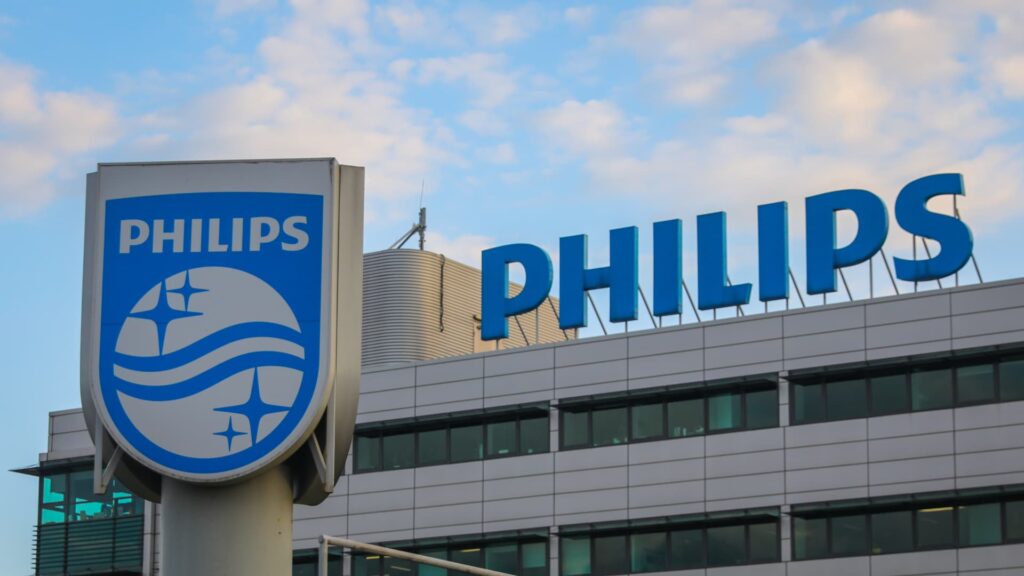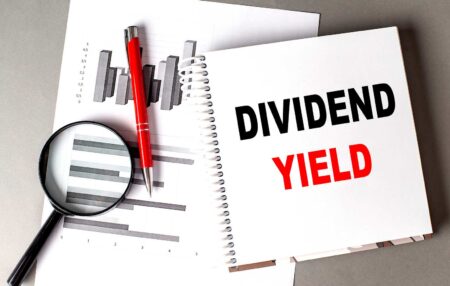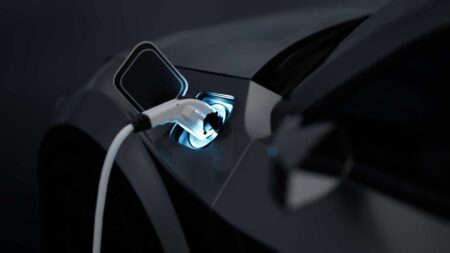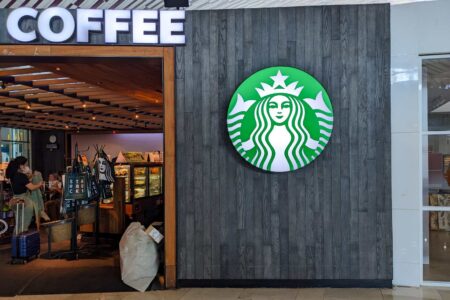Dutch health technology company Philips will not sell new devices to treat sleep apnea in the U.S. in the coming years as it works to comply with a settlement with the Food and Drug Administration (FDA) announced on Monday.
The agreement followed the recall of millions of breathing devices and ventilators used to treat sleep apnea in 2021 because of concerns that foam used to reduce noise from the devices could degrade and become toxic, carrying potential cancer risks.
Philips said it had reached what is known as a consent decree that spells out the improvements it needs to make at its Respironics plants in the U.S.
Until the conditions are met, no new Respironics devices will be sold in the U.S., the company said.
Philips shares traded down 8.5% in afternoon trading in Europe, after news of the agreement, which ING analyst Marc Hesselink said was “very punitive”.
“We believe it will be very difficult for Philips to recover its U.S. Respironics market position,” Hesselink said in a note.
The decree is being finalized and will be submitted to the relevant U.S. court for approval. It was not clear how long that would take.
CEO Roy Jakobs declined to give details on the conditions that Philips will have to meet, but as a general indication said it on average takes between five and seven years to comply with consent decrees in the medical equipment industry.
Philips said the costs of the agreement led to a provision of 363 million euros ($393.5 million) in the fourth quarter of last year, and were expected to be about 1% of total revenues in 2024.
Even after the consent decree, Philips faces numerous cases brought by patients who say their health has suffered due to the use of the devices, and the outcome of an investigation by the U.S. Department of Justice into the handling of the recall.
Philips said the agreement did not change its financial targets for 2025, set out last year.
Due to the provision, Philips core profit in the fourth quarter remained roughly stable at 653 million euros, while comparable sales fell 1%.
Analysts in a company-compiled poll on average had predicted adjusted EBITA would rise to 672 million euros, from 651 million euros a year before, with comparable sales growth of 2.6%.
— CNBC reporters contributed to this report.
Read the full article here












